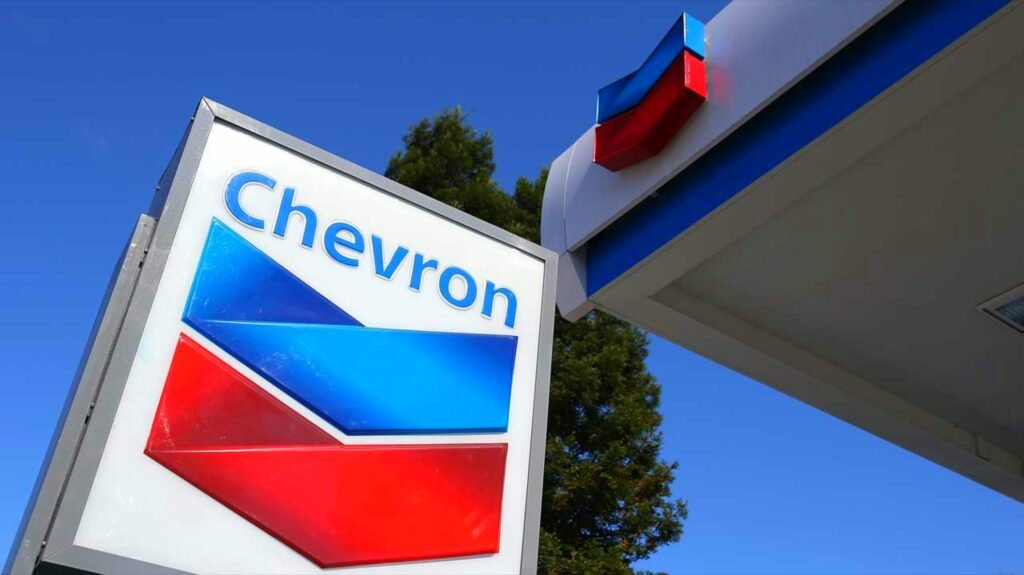Chevron Nigeria Limited (CNL)’s recent discovery of a new oil field, capable of producing 17,000 barrels per day (bpd), has injected a much-needed dose of optimism into Nigeria’s struggling oil sector. This near-field discovery, located in the Meji NW-1 well within Petroleum Mining Lease 49 in the Western Niger Delta, holds the potential to significantly impact the country’s economic landscape.
A Timely Discovery Amidst Declining Production
Nigeria’s oil production has been on a downward trajectory in recent years, plagued by issues such as sabotage, theft, and aging infrastructure. The nation’s output has dwindled to approximately 1.6 million bpd, a far cry from the 2 million bpd it achieved in 2020. This decline poses a significant threat to Nigeria’s economy, as oil exports constitute a substantial portion of its foreign exchange earnings and government revenue.
The Meji field discovery arrives at a critical juncture, offering a glimmer of hope to offset production losses and bolster Nigeria’s economic prospects. Each additional barrel of oil produced can have a ripple effect, stimulating economic activity and generating revenue for both the government and local communities.
A Strategic Move in a Changing Landscape
Chevron’s strategic focus on the Meji field is particularly noteworthy, as many international oil companies (IOCs) are divesting from onshore and shallow-water assets in Nigeria. This trend is driven by factors such as declining production, operational challenges, and the global shift towards renewable energy sources. Chevron’s decision to invest in the Meji field demonstrates confidence in Nigeria’s oil potential and its commitment to long-term growth in the country.
Economic Impact and Job Creation
The development of the Meji field is expected to create significant economic benefits for Nigeria. Job creation will be a key driver, with direct employment opportunities in the oil sector and indirect jobs in ancillary industries such as construction and hospitality. Additionally, local content policies, which prioritize the use of Nigerian labor and resources, can further amplify the economic impact by ensuring that a significant portion of the wealth generated from the field is reinvested into local communities.
A Call for Policy Reforms and Regulatory Improvements
To capitalize on the potential of the Meji field and attract further investment, Nigeria’s government must implement conducive policies and regulatory frameworks. Streamlining approval processes, offering attractive fiscal terms, and addressing security challenges are crucial steps to create a favorable investment climate.
Furthermore, the government must prioritize infrastructure development in the Niger Delta to facilitate the efficient transportation and export of oil. By investing in roads, pipelines, and ports, the government can enhance the region’s connectivity and unlock its economic potential.
A Glimmer of Hope for Nigeria’s Oil Future
Chevron’s Meji field discovery offers a ray of hope for Nigeria’s oil sector. However, sustained growth and long-term prosperity will require a comprehensive approach that addresses the underlying challenges and embraces a diversified energy mix. By implementing sound policies, fostering a conducive investment climate, and addressing security concerns, Nigeria can position itself as a reliable and attractive destination for oil and gas investment.








